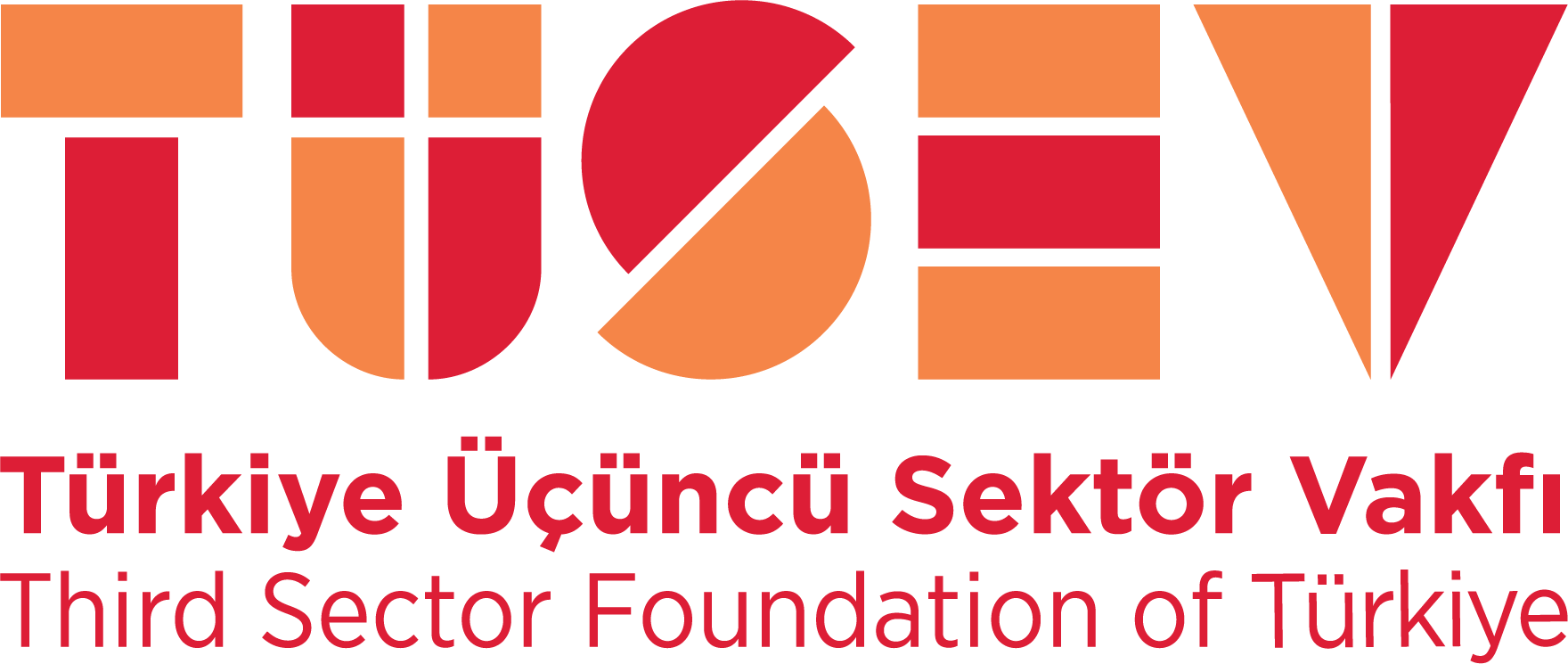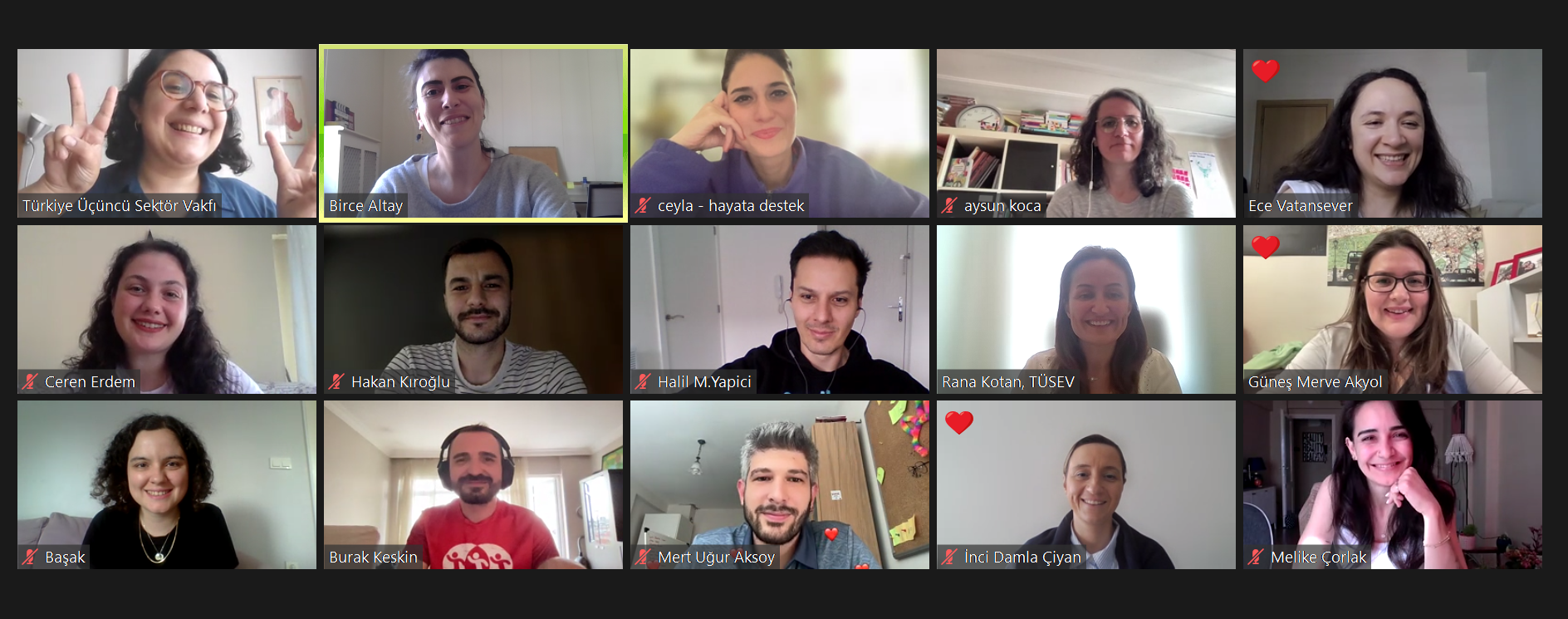News
The Panel on the State of Philanthropy in the World: Trends, Opportunities, and Challenges Took Place on November 28
As part of TÜSEV’s 25th-anniversary activities, the panel on The State of Philanthropy in the World: Trends, Opportunities, and Challenges was held on November 28, with the participation of Dr. Atallah Kuttab, one of the leading figures in the global philanthropy field. Dr. Kuttab is the founding chair of SAANED for Philanthropy Advisory in the Arab Region in Jordan and the Emeritus Chair of the Worldwide Initiative for Grantmaker Support (WINGS). In the panel, he addressed trends and approaches of different actors in the field of philanthropy, the development of a culture of giving, new models, and the effects of the shrinking civic space.
Dr. Kuttab began his speech by analyzing the concept of global philanthropy, stating that there is no single philanthropic approach. He emphasized that the culture of philanthropy differs in each country based on cultural heritage and traditions, and he highlighted the richness brought by this diversity by providing examples of giving cultures from various countries. Kuttab also stressed the importance of civil society organizations working in collaboration with different actors such as the private sector, public sector, and social enterprises in addressing local, national, and global issues. He noted that work related to the Sustainable Development Goals (SDGs) creates significant opportunities for collaboration between civil society and the public sector.
Dr. Kuttab underlined partnerships and the exchange of knowledge and experience between civil society organizations and social enterprises, which are new actors in the philanthropy field, will not only enhance their impact but also contribute to the development of the philanthropy sector. He pointed out that civic space is not only shrinking but also changing and expanding, and this transformation presents both challenges and restrictions as well as new opportunities and collaboration possibilities for different philanthropic actors. Kuttab concluded by stressing the importance of the philanthropy sector’s response to these changes and its preparation for the future.




